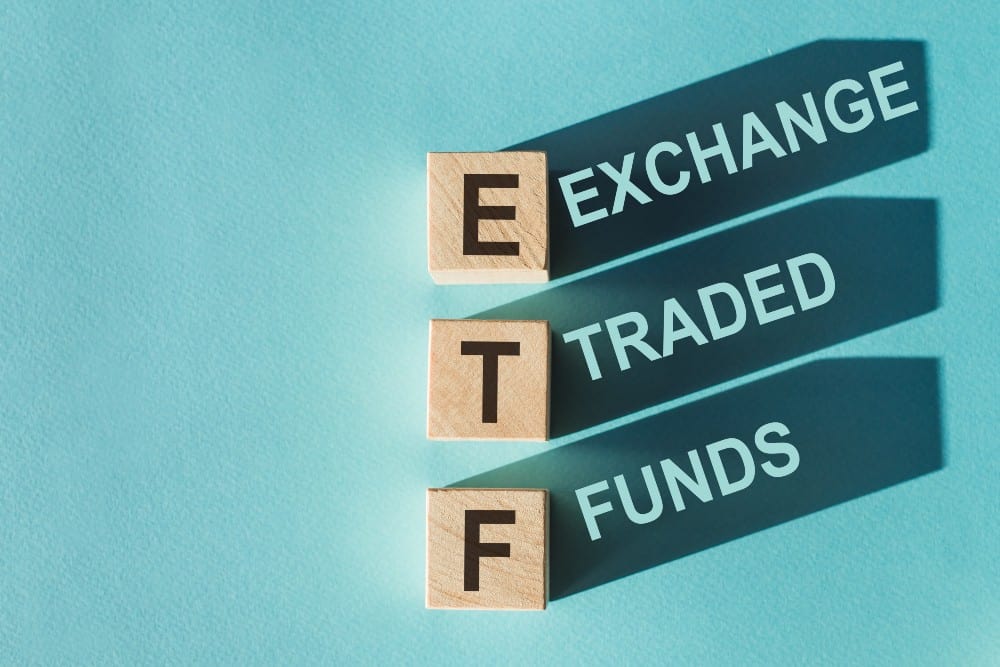If you’re a retiree looking for passive income, low-cost ETFs are the way to go. Much less risky than individual stocks, they can provide you with steady income in retirement. While diversified ETFs don’t have quite the monster yields that some individual stocks do, they more than make up for it with safety and stability. Index funds own large portfolios of stocks, which means that they take some of the risk out of the picture. Yet they can still offer pretty high yields. In this article I will explore two low-cost ETFs offering steady passive income for your retirement portfolio.
TSX composite
The iShares S&P/TSX Capped Composite Index Fund (TSX:XIC) is a diversified index fund based on the S&P/TSX Capped Composite Index. It consists of about 250 stocks and has a 2.5% yield. A 2.5% yield is pretty high for an index fund. There are many individual stocks with yields over 5%, but indexes usually have lower yields due to their mix of dividend and non-dividend stocks. The Canadian TSX index is an exception. The TSX is home to many banks, utilities, and energy stocks. These sectors are known for having high yields. So naturally, the TSX has a higher yield than an American index fund–the S&P 500 is heavily weighted in tech.
The XIC stacks up pretty well in terms of cost. It has a 0.06% MER, which is lower than the vast majority of funds out there. In fact, it’s almost as low as the big S&P 500 funds, which can go as low as 0.04% because of their massive size. If you’re looking for an extremely cheap way to get broad exposure to the Canadian markets, it’s hard to beat XIC. And this year, you can get it when it’s on sale!
Canadian banks
The BMO Equal Weight Banks ETF (TSX:ZEB) is a Canadian banking ETF that yields 3.47% and has a 0.25% MER. The fees on this one are much higher than with XIC, but so is the yield. This fund may be worth the extra cost. We are currently in a rising-interest rate environment — the Bank of Canada hiked rates this past Tuesday, and the Federal Reserve will be doing the same shortly. Banks are among the few businesses that can benefit from higher interest rates. When interest rates go up, interest rate sensitive banks make more money on newly-issued and floating rate loans. Not all banks are extremely interest rate sensitive. Generally, the more floating rate loans a bank has, the more it profits from rate hikes. But even still, all banks can potentially benefit from rate hikes, whereas almost all other industries face higher financing costs because of them.
So banks are in a pretty good place right now. And ZEB gives you broad exposure to Canadian banks in an equally weighted package, so risk at one large bank does not increase the risk of the total package too much. Definitely a low-cost, high-yield fund worth adding to your retirement portfolio.








